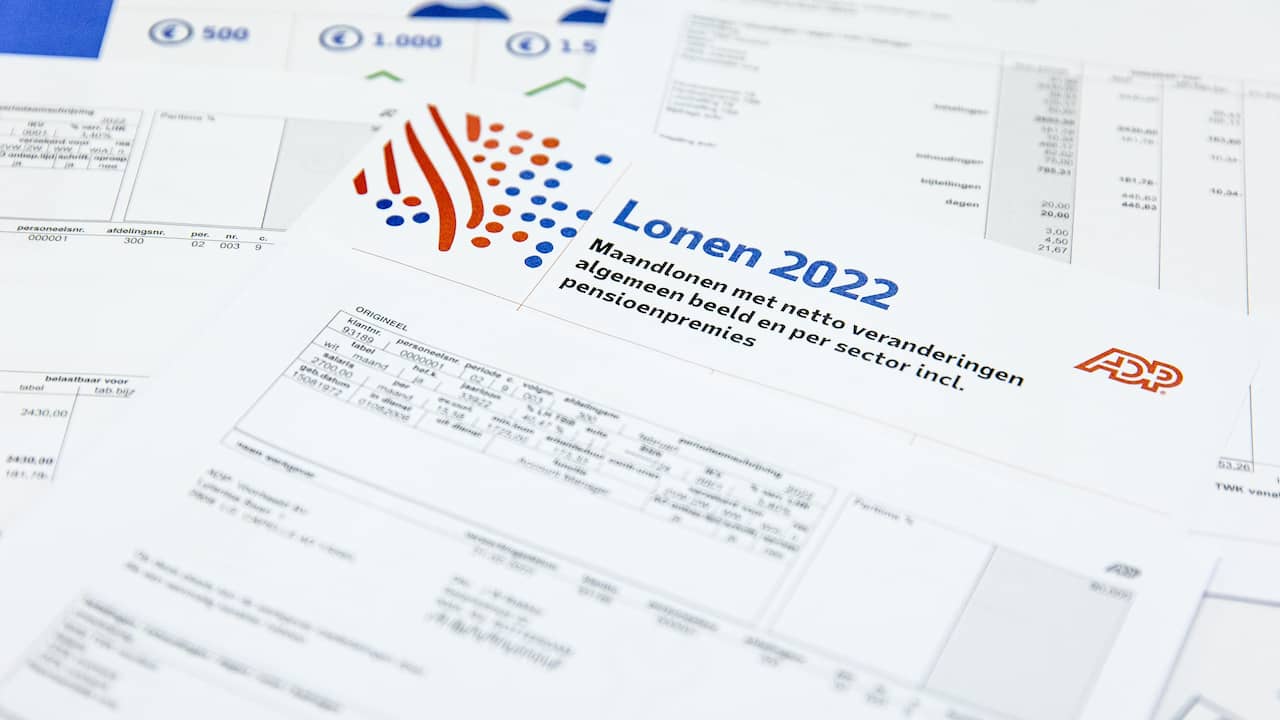Jan Modaal, who receives an average salary of 3,086 euros, will see a net increase of 91 euros (+3.7%) per month next year. The minimum monthly wage rises by 10.15 percent from 1,756.20 to 1,934.40 euros.
“Good news, all wages will go up. Even if the price increase won’t immediately solve all the financial worries of many Dutch people,” says Dik van Leeuwerden of HR and payroll services provider ADP Nederland.
“Wages are important, but employees are also becoming increasingly critical. For example, three-quarters are considering changing jobs if there is a pay gap between men and women at their employer and there is no diversity and inclusion policy,” adds Human Resources Director Agnes Young Child.
The main cause of the increase in net wages is the higher tax credit for the employed. This will be increased to a maximum of €5,052 for employees of state retirement age. In 2022, the maximum tax credit per employee was 4,260 euros. One and a half times the average monthly expense is 87 euros (+2.69 percent) and double the average of 98 euros (+2.43 percent).
In addition to the usual indexation, the minimum wage will be increased further from 1 January. This also has positive consequences for employees who earned just above minimum wage last year. From 2023 they will receive a minimum of 1,934.40 euros per month for full-time employment.
The amount for travel expenses that employers can reimburse tax-free next year will be increased from €0.19 to €0.21 per kilometre. For the homework allowance, the amount goes from 2 euros to 2.15 euros per day worked from home or part of it. “But just because it’s allowed for tax purposes doesn’t mean that an employer has to do it in terms of employment,” Van Leeuwerden points out.


